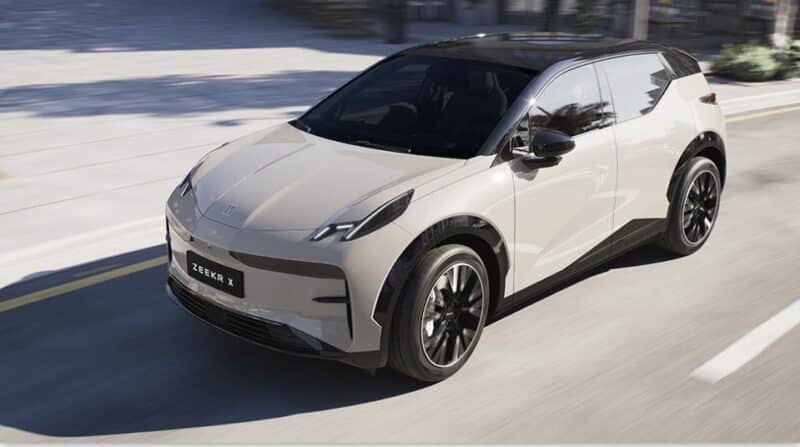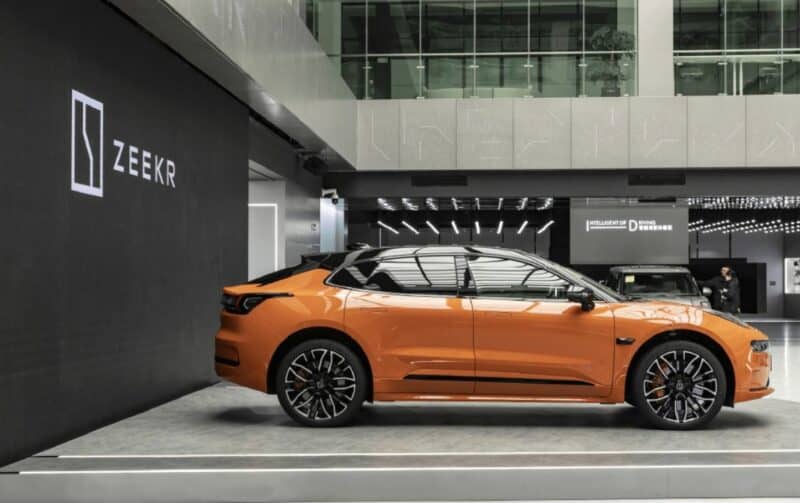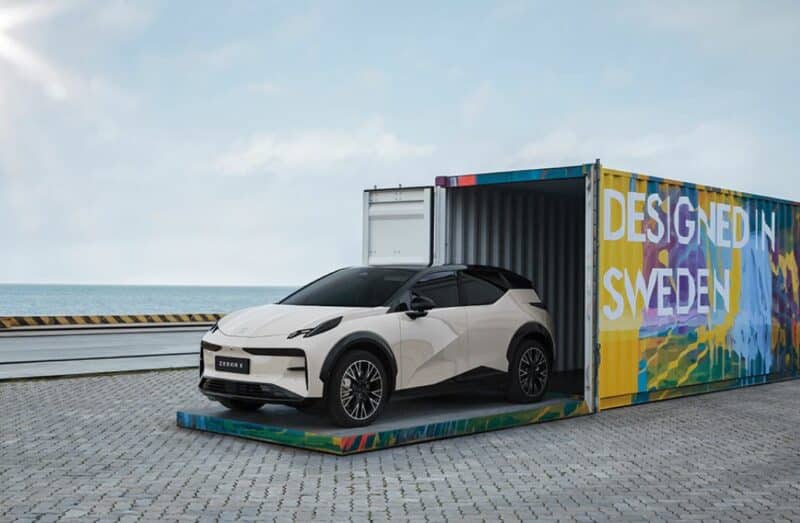Today, September 29, Geely’s Zeekr brand announced its entry into Saudi Arabia, the United Arab Emirates, Qatar, and Bahrain. These countries are some of the world’s largest oil exporters, and yet, they are marching into the new energy vehicle transition. Overall, Zeekr plans to enter eight international markets by the end of this year.
In Shanghai, Zeekr signed agreements with the AW Rostamani Group of the United Arab Emirates, the Wallan Group of Saudi Arabia, the Blue Lake Motors of Qatar, and the Y.K. Almoayyed & Sons Group of Bahrain to jointly build a sales and service network in these countries.



So far, Zeekr has entered European markets in Sweden, the Netherlands, and Germany, and signed agreements with partners in Israel and Kazakhstan.
Chinese new energy vehicles’ accelerated entry into the Middle Eastern market
In the first seven months of this year, the top ten countries that China exports to were Russia, the United States, Mexico, the United Kingdom, Belgium, Australia, Japan, Germany, South Korea, and the United Arab Emirates, according to the China Association of Automobile Manufacturers (CAAM). Furthermore, earlier in June, NIO received a strategic investment of 1.1 billion USD from CYVN Holdings, a specialist investment vehicle majority-owned by the Abu Dhabi Government. In that same month, Human Horizons, the parent company of HiPhi, signed a 5.6 billion USD deal with Saudi Arabia.
Oil is the lifeblood of modern industry and holds major political and economic weights that can shake the world. As a majority of the world is advocating for a more sustainable energy future, the global energy transformation trend is a big threat to countries that thrive on an oil economy. It is worth mentioning that the transportation sector accounts for about 60% of global oil consumption. In particular, private cars and vans alone account for more than 25% of global oil consumption, according to the International Energy Agency. It is not a coincidence that Middle Eastern countries are looking to divest their investment in fossil fuels and into clean energy.
At the same time, Chinese carmakers are seizing this opportunity to gain a stronger foothold in the Middle Eastern automotive market. Consulting firm Gartner predicts that by 2026, more than 50% of electric vehicles sold globally will come from China.
Source: CAAM, Sina




